Dalian Atkinson: Police officer who killed ex-footballer jailed for eight years
West Mercia PC Benjamin Monk convicted of manslaughter after Tasering former Aston Villa striker to the ground and kicking him in the head in August 2016
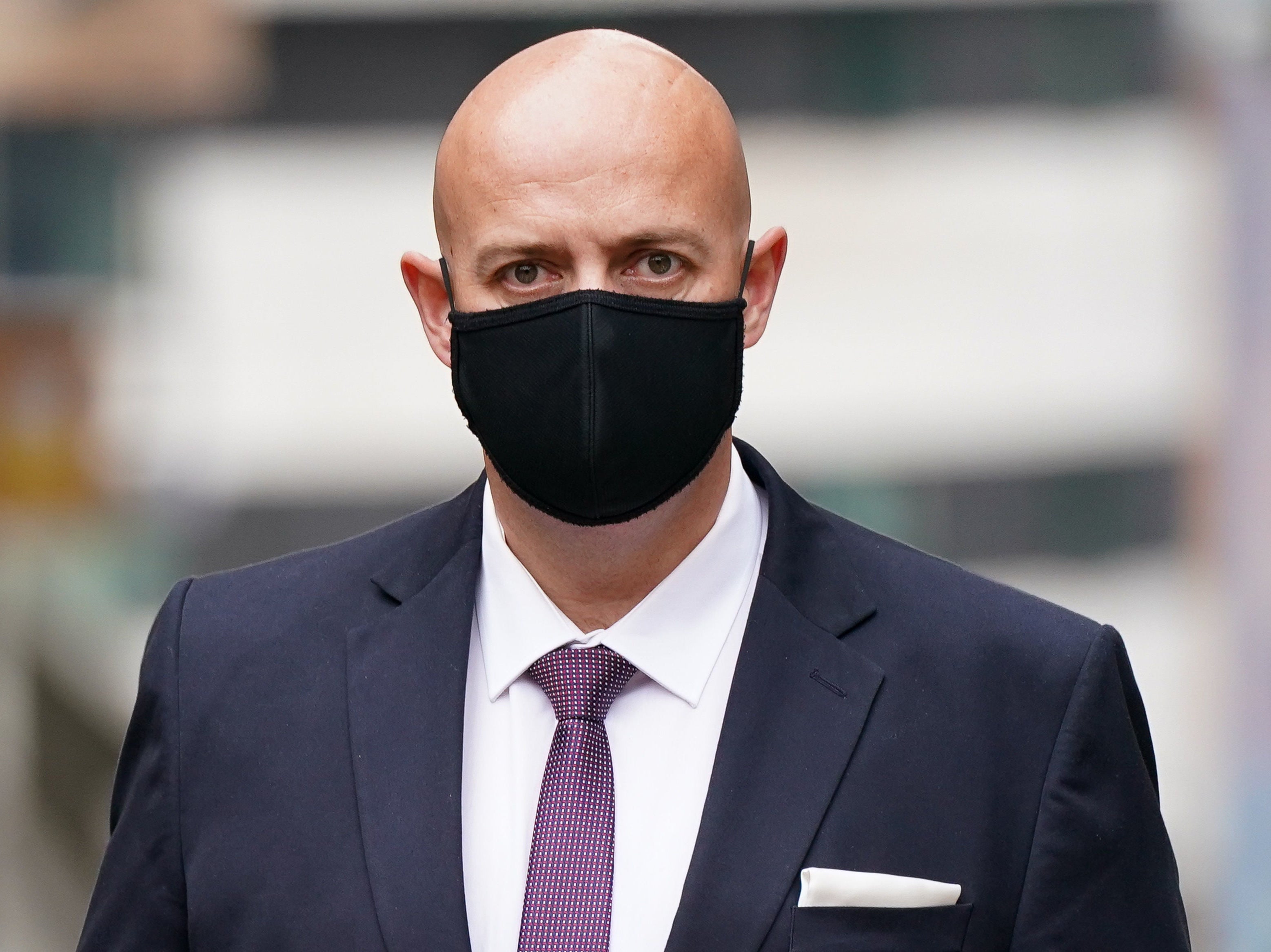
A police officer who unlawfully killed ex-footballer Dalian Atkinson by Tasering him to the ground and kicking him in the head has been jailed for eight years.
PC Benjamin Monk was cleared of murder but convicted of manslaughter after jurors heard he left two bootlace imprints on the former Premier League star’s forehead following an “excessive” 33-second Taser deployment.
Monk’s six-week trial at Birmingham Crown Court was told he was “not honest” after the death of the former Aston Villa, Sheffield Wednesday and Ipswich Town striker, having claimed to have aimed a single kick at the victim’s shoulder.
Mr Atkinson, who had smashed a window while suffering a mental health crisis, died in hospital about an hour after an ambulance was called to the scene near his father’s home in Meadow Close, Telford, Shropshire, on 15 August 2016.
According to the charity Inquest, Monk is the first police officer in England and Wales since 1986 to be found guilty of unlawful killing over a death in custody or following police contact.
Monk, who denied murder and manslaughter, claimed to have acted in reasonable self-defence while “terrified” of Mr Atkinson, 48, who had a heart condition, was undergoing dialysis treatment and was smaller and lighter in weight.
But images of two separate areas of head injury accepted to match Monk’s bootlaces were uncovered by forensic examinations using polarised light, proving his account was false.
As well as the marks to both sides of Mr Atkinson’s forehead, a pathologist found 15 areas of bruising under the skin, including marks to his neck, shoulder, shoulder blade, flank, buttock, thigh, bicep, elbow and shin.
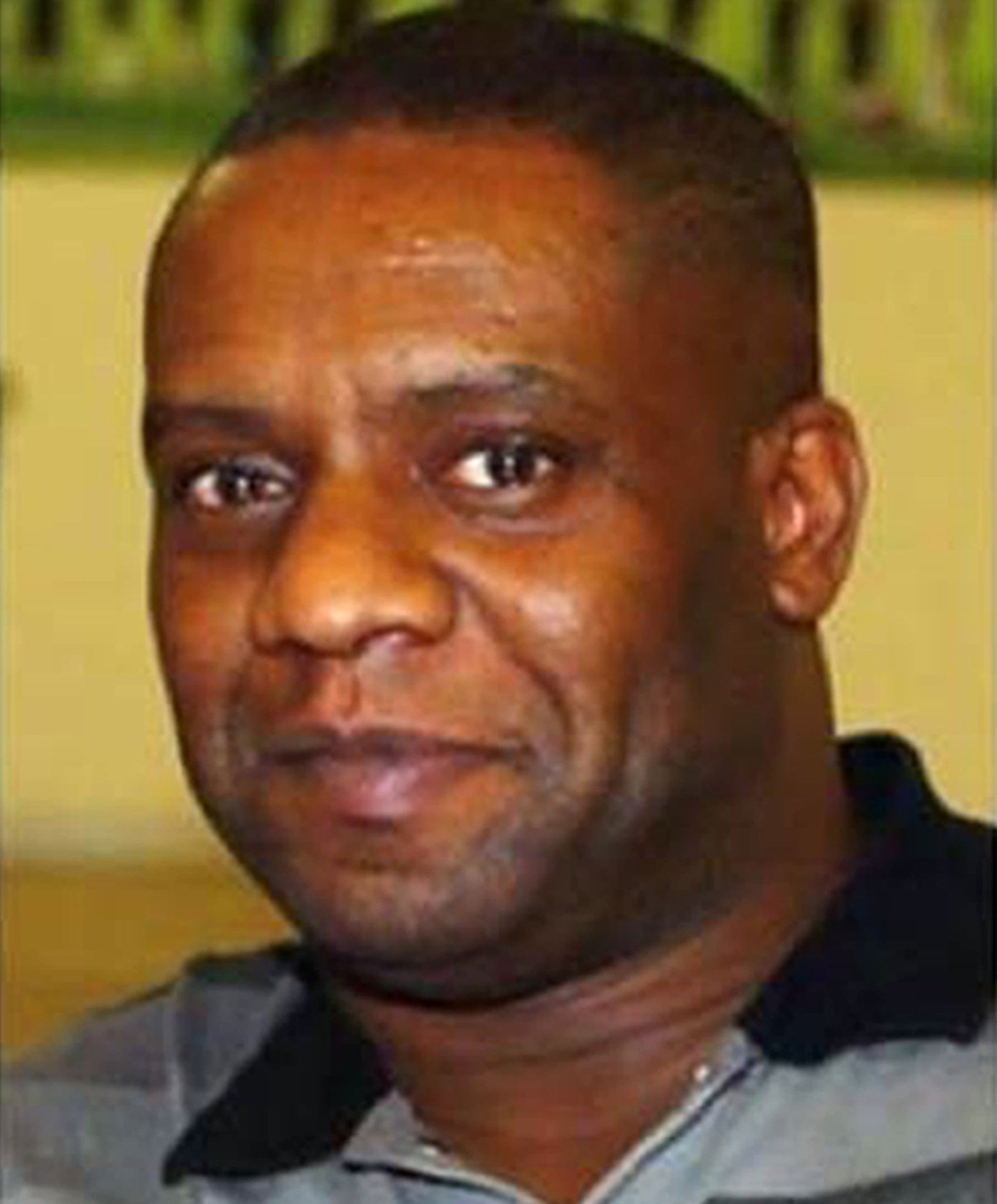
It emerged on Monday that Monk had been found guilty of gross misconduct five years before he killed Mr Atkinson after failing to mention on his application form to join the West Mercia force in 2001 two cautions.
The court heard he kept his job in February 2011 – a year after details of the cautions came to light – despite being found to have breached required standards for honesty and integrity.
Addressing the court on Monday, prosecutor Alexandra Healy QC said: “Mr Monk was cautioned for theft from a shop as an employee – he was employed at the time at Woolworths in 1997. There was a further caution in 1999 for being found drunk.”
The court was told the warnings were not recorded on a computer system because of policies at the time for dealing with spent cautions.
Jailing Monk on Tuesday, the Recorder of Birmingham, Melbourne Inman QC, said: “You have let yourself and the force down.
“Although they were difficult, you failed to act appropriately in the circumstances as they developed and you used a degree of force in delivering two kicks to the head, which was excessive and which were a cause of Mr Atkinson’s death.
“The obvious aggravating factor is that you committed this offence while on duty as a police officer.
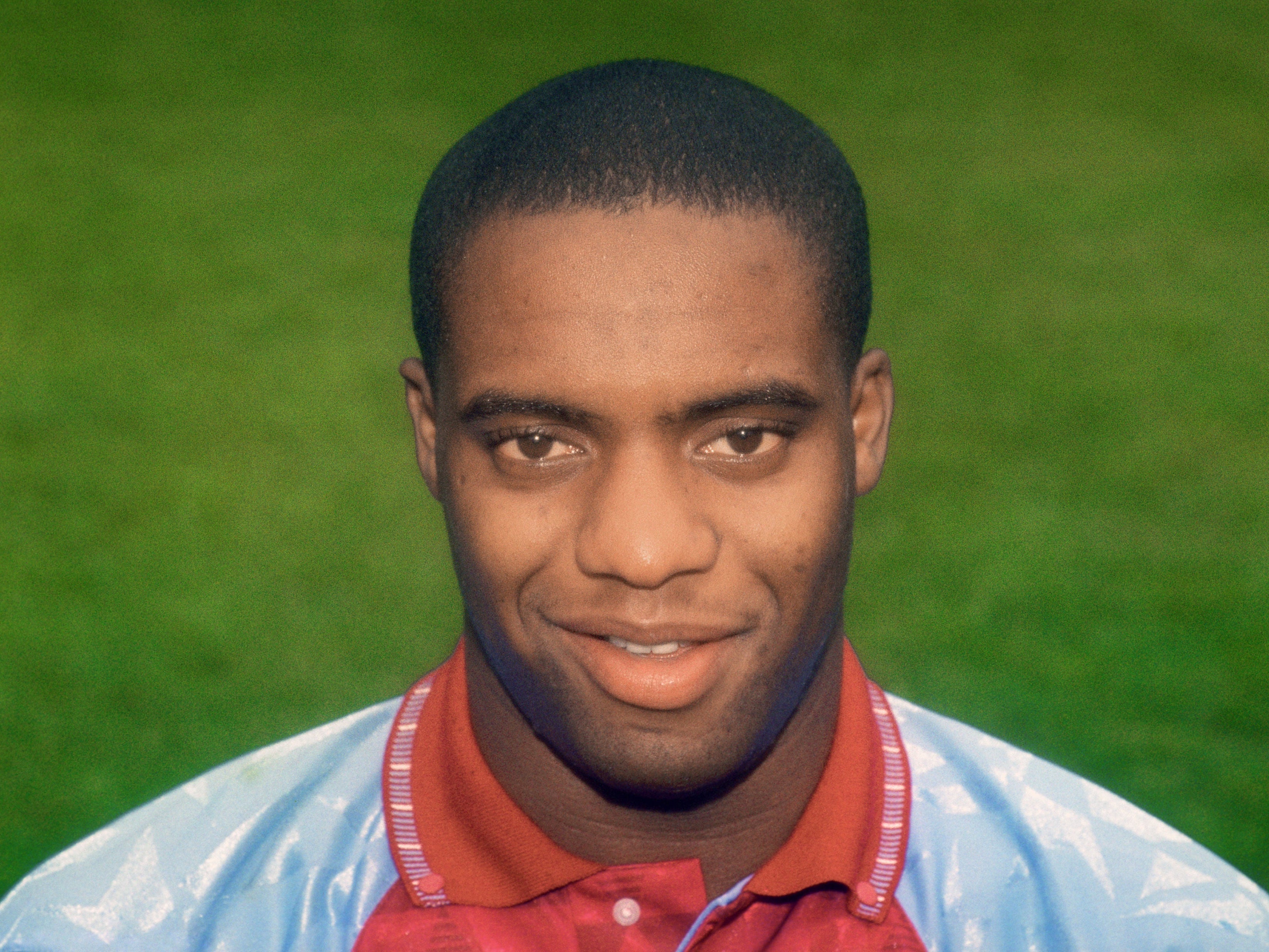
“The police play a central and important role in upholding the rule of law in our society. The sentence must reflect the importance of maintaining public confidence in our police.”
Monk, whom the judge accepted had shown genuine remorse, was ordered to serve two-thirds of his eight-year sentence before being entitled to release on licence.
According to those who were present in court, he nodded in apparent agreement with some of the judge’s remarks, but remained impassive as he was sentenced, pausing to wave towards a woman in the public gallery before being led away.
Reacting to the sentencing, Mr Atkinson’s family condemned the “callous attack” as a “terrible abuse of a police officer’s position of trust”.
They added in a statement: “PC Monk used horrendous violence against Dalian, who was in an extremely vulnerable position in mental health crisis and needed help.
“He then failed to give a full and honest account of what happened, including at his trial. We are pleased that all these factors have been reflected in the sentence.
“We pay tribute to all the bereaved families of Black men who have died at the hands of the police and whose fight for justice has not led to successful prosecutions.
“It shouldn’t take the death of a famous footballer for the criminal justice system to work properly and we hope more families can secure justice in future regardless of whether the deceased is a high-profile person.
“As his fellow footballers take the knee, we hope that they will honour the memory of Dalian.”
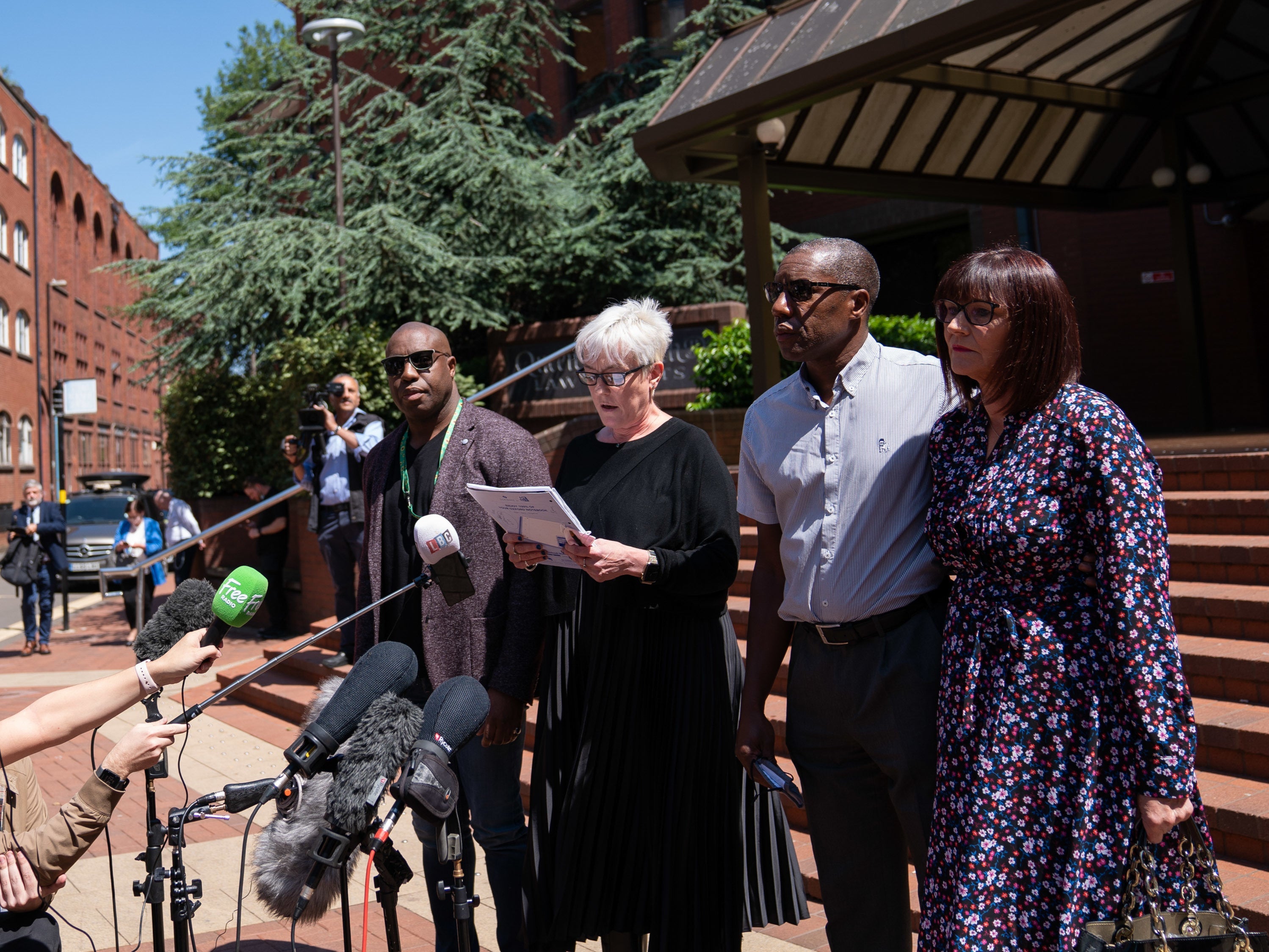
Deborah Coles, director of the charity Inquest, which provides support after state-related deaths, said: “This is the first manslaughter conviction of a police officer for over three decades. Police cannot be above the law but for too long they have acted with impunity following deaths.
“Dalian was subject to dehumanising and excessive police violence, whilst in need of protection. It is shameful that the family have had to wait over five years for this.
“The imprisonment of one police officer does not stop systemic racism and police violence. Dalian’s death is not an isolated case, nor is this officer a ‘bad apple’.
“True justice requires structural change across our society to address racism and state violence and better respond to mental ill health.”
Black Lives Matter UK described Monk’s sentencing as, “historic in that it recognises some level of police wrongdoing”.
It said: “It’s also hard to imagine that this verdict would have been reached without the BLM movement last year. But sending individual violent officers to prison only serves to legitimise the broken logics of the criminal punishment system. We do not believe in ‘bad apples’ – the system is rotten to the root.
“Atkinson was in the midst of a mental health crisis when he was killed; the police’s response was to use a stun gun on him for 33 seconds and repeatedly kick him in the head until he died.
“Of all deaths in or following police custody in England and Wales in 2019-20, 61 per cent of victims were identified as having ‘mental health concerns’. It is evident that killings like Atkinson’s will not be prevented until people experiencing a mental health crisis receive adequate healthcare, rather than policing.”
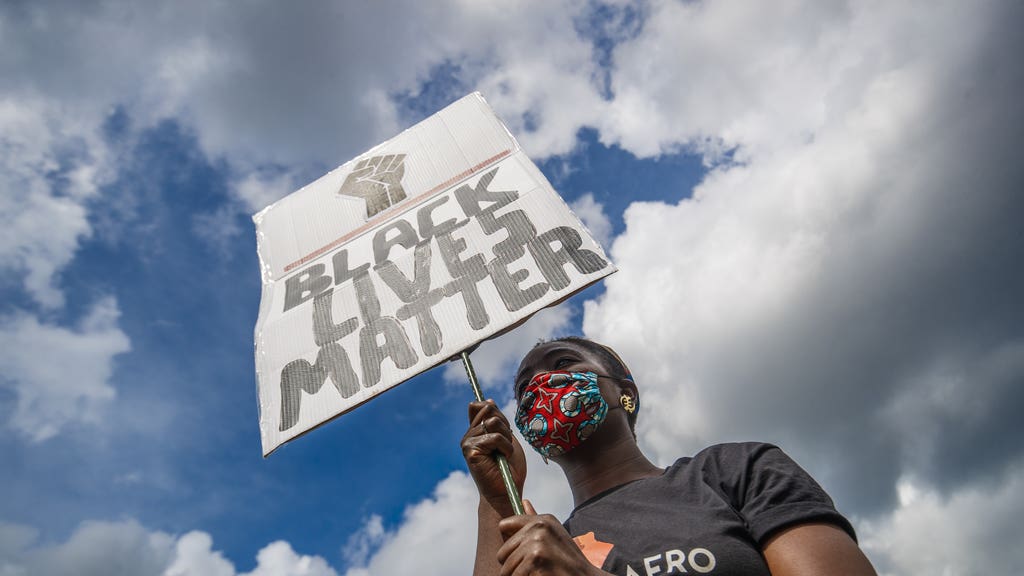
Vicki Nash, head of policy, campaigns and public affairs at Mind, suggested police training on de-escalation is “not fit for purpose”.
She said: “This landmark sentencing exposes the shameful fact that Black men consistently suffer and die at the hands of an outdated and unjust mental health system.
“Black men remain at an unacceptably higher risk of being Tasered, sectioned in a mental health crisis and being placed in seclusion, physically or chemically restrained when they reach this point.
“We urge the police to ensure they are equipped with the tools they need to make the right call in difficult situations and expect this to be included in the National Police Chiefs’ Council review into the use of Tasers. We also expect the UK government to prioritise responding to its consultation on the Mental Health Act and the NHS to urgently tackle racial inequality in its use.”
Derrick Campbell, Independent Office for Police Conduct regional director, said: “PC Benjamin Monk has been held accountable for his actions that night, which tragically ended the life of Dalian Atkinson prematurely.
“Criminal charges were laid and ultimately the jury have made a decision about the actions of PC Monk. There is no doubt police do difficult jobs in difficult circumstances. They are given extraordinary powers to use force, and the way they use force must be reasonable and proportionate.
“The jury’s decision highlights the importance of independent scrutiny when someone dies following police contact.”
Rosemary Ainslie, head of the Crown Prosecution Service Special Crime Division, said: “From the medical evidence it was clear that if not for the excessive force used by Benjamin Monk then Dalian Atkinson would not have died when he did.
“Monk forcefully kicked Mr Atkinson at least twice to the head. The force used was unreasonable because it was not necessary to restrain and control Mr Atkinson who was prone on the ground.
“The jury rejected any claim that Mr Atkinson’s death resulted from reasonable self-defence in the line of duty.
“Policing is a difficult job and officers deserve our respect, but they are not exempt from the laws they uphold.”
Additional reporting by Press Association



